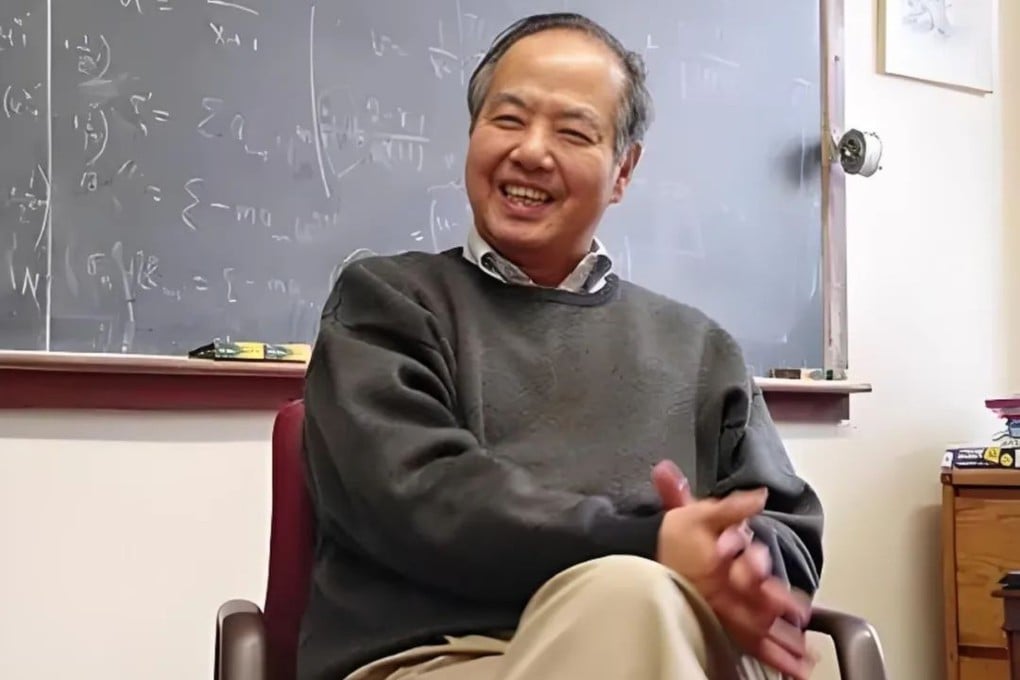Editorial | Tsung-Dao Lee laid the foundation for China’s rise in science
- Nobel Prize-winning physicist, who died this month aged 97, advanced science education in China and promoted cooperation with the US

The scientific community around the world will remember Tsung-Dao Lee, who died this month aged 97, for his groundbreaking work in particle physics, which won him the Nobel Prize alongside fellow Chinese-American Yang Chen-ning. In China, though, he is widely admired for promoting science education and cooperation between the country of his birth and his adopted home.
At a time of bitter rivalry between China and the United States, Lee’s lifelong and tireless efforts to bridge the divide between the two countries should serve as a shining example of how both sides can enrich rather than weaken each other.
In the early years of reform and opening up, Lee was among the first to suggest to Deng Xiaoping that China’s universities needed to launch postdoctoral studies to nurture the country’s best and brightest young researchers. This was followed by programmes Lee promoted to help budding science talent to study in the United States.
These initial proposals contributed to laying the foundation for China’s eventual ascent to the science powerhouse it is today. Deng considered Lee so important that he made time to meet him in 1989 just months after the Tiananmen crackdown.

Lee was instrumental in helping set up China’s first international student exchange programme with the US. Many returned graduates later became leaders in their fields and tech entrepreneurs in the private sector.

